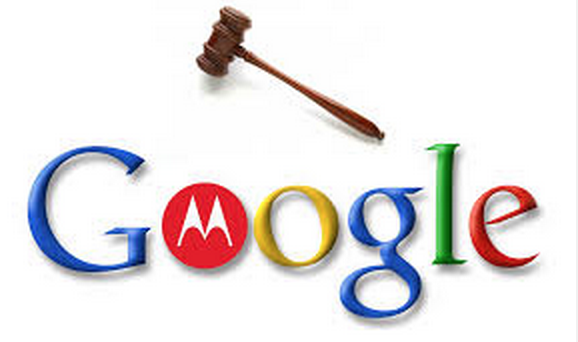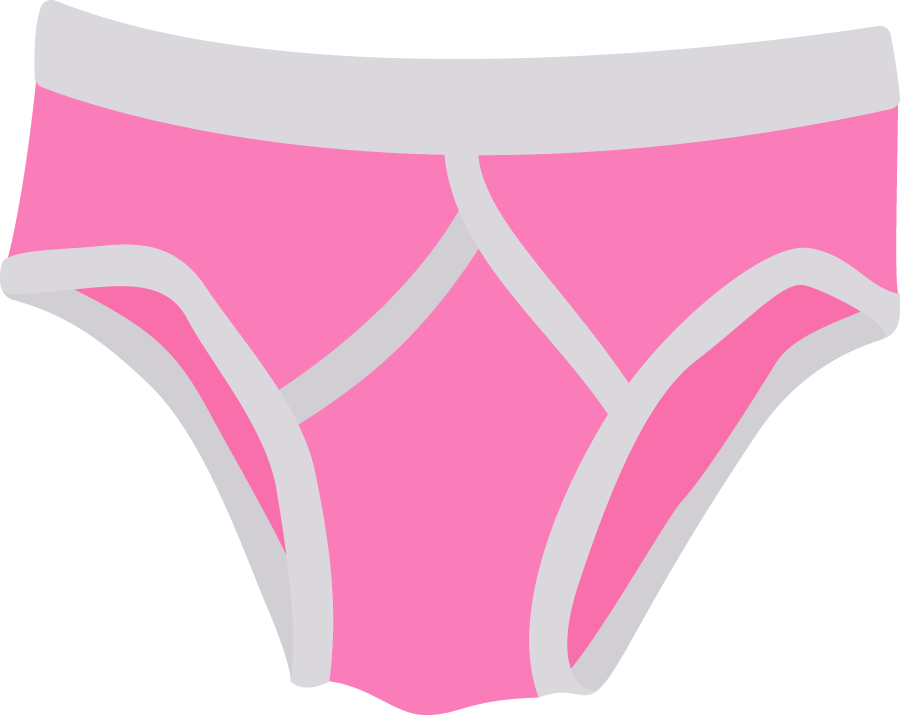
Why Google shouldn’t be in trouble with the EU Competition Commission
Google is well acquainted with claims against its sizeable market share of the search engine marketing industry. The company has been in tribunals concerning its ranking algorithm, the right for people and entities to have certain entries about themselves “forgotten”—and even a claim that users take the first page of Google as gospel.
Making current headlines is the aggressive stance of Margrethe Vestager, the new EU Competition Commissioner, to take Google to task over alleged monopoly of shopping results. What’s her claim? She asserts that Google will always serve results from its advertisers first on “Google Shopping”, which, for a “dominant” company, is an abuse of its market share and unfair to non-Google advertisers. Google Shopping ads are those image icons to the right of your search results and the results under the “Shopping” tab, which form part of Google AdWords, the company’s pay-per-click interface.
What do I think of all of this? Well, I struggle to see substance to this part of the antitrust argument. Firstly, users come to Google expecting to see results that are affiliated with the search engine. It follows, then, that sponsored listings, such as “Google Shopping”—which are clearly marked as paid-for—will be biased towards Google’s advertisers.
Secondly, users are more than free to conduct research across other search engines, including Yahoo! and Bing as the most obvious competitors. Google does not restrict searches for and clicks through to these alternative search engine providers from its own search results. For me, this is where the argument ends.
Thirdly, in response to an earlier claim of market dominance, if users are Google-centric, this is because Google has earned its stripes in terms of user experience. Yes, it’s still far from perfect, but it’s still vastly superior to that of other search engines, whilst products such as “Google My Business” are designed to help SMEs thrive online.
Google has adopted a few lines of defence, but may ultimately face Vestager’s enforcement of the maximum fine—which amounts to 10% of their annual revenue, or £6.6billion, to be more concrete. If this is the settlement, I think it will be a crying shame for the search engine marketing industry as a whole, on two scores. Firstly, I’m of the opinion that Google is by far the most innovative and user-friendly search engine provider, so to cut revenue will put the brakes on product development. Secondly, it will also encourage other search engine providers to rest on their laurels as Google is forced to afford them more market share.
The last time I checked, search engine market share was very much a meritocracy. I firmly believe that this is the case and that this part of the antitrust argument against Google should see Google acquitted. I appreciate that large portions of end users, advertisers and even search engine marketing practitioners may not share my viewpoint. What do you think?
Want more information? Contact us here

